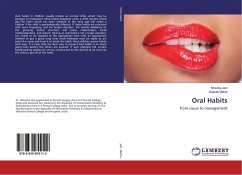

Ähnliche Artikel
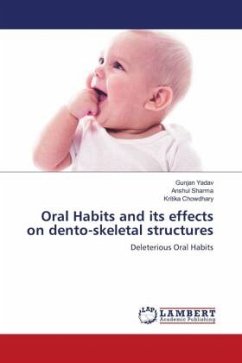
Broschiertes Buch
Deleterious Oral Habits
3. Februar 2023
LAP Lambert Academic Publishing
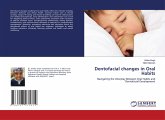
Broschiertes Buch
Navigating the Interplay Between Oral Habits and Dentofacial Development
15. November 2024
LAP Lambert Academic Publishing
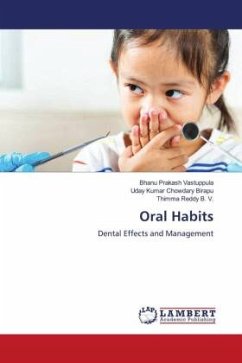
Broschiertes Buch
Dental Effects and Management
17. Oktober 2023
LAP Lambert Academic Publishing
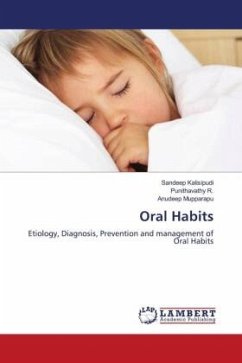
Broschiertes Buch
Etiology, Diagnosis, Prevention and management of Oral Habits
8. Februar 2022
LAP Lambert Academic Publishing
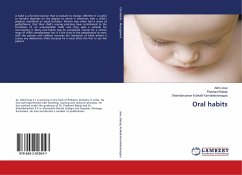


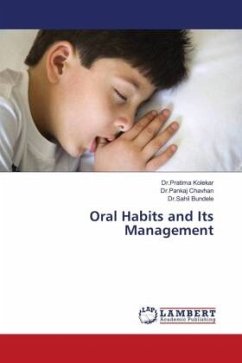
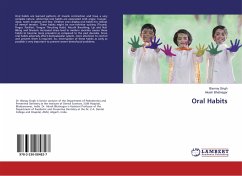
23,99 €
Versandfertig in 6-10 Tagen
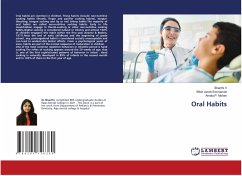
Ähnlichkeitssuche: Fact®Finder von OMIKRON
